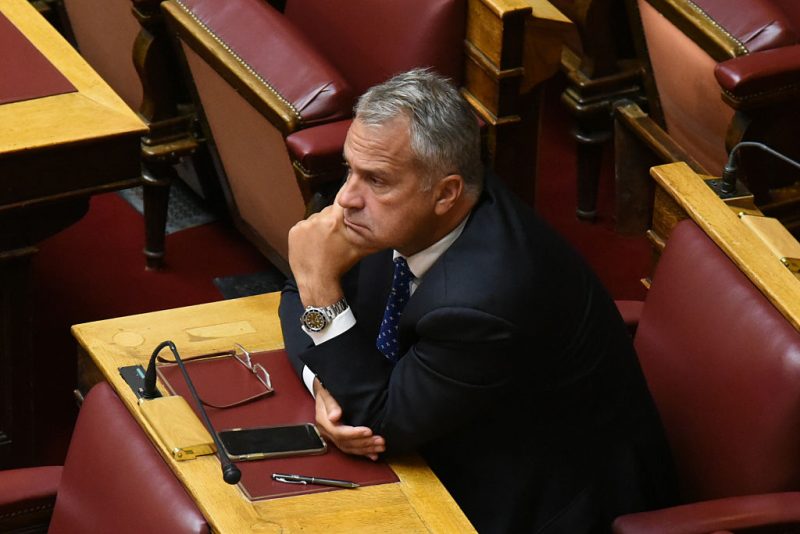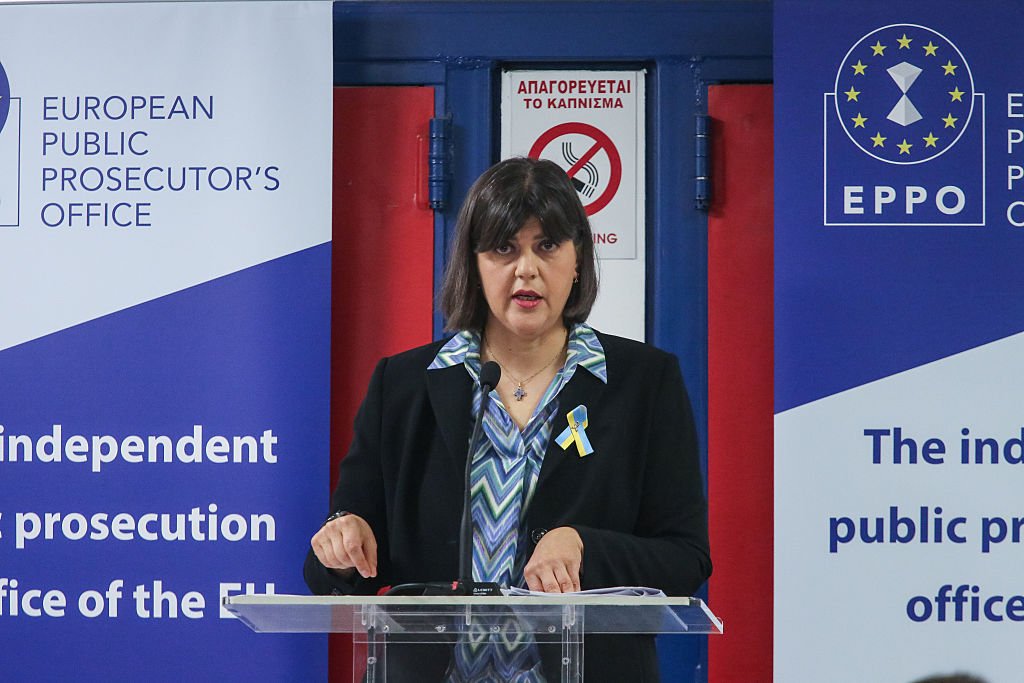Greek subsidy scandal creates havoc for farmers
Source: Euractiv
ATHENS – As Greece reels from a scandal over EU farm subsidy fraud, ordinary farmers fear they will end up footing the bill for a flawed system.
The case – which prompted the resignation of four ministers and the disbanding of the agency responsible for handing out EU agricultural subsidies – flowed from the European Public Prosecutor’s Office (EPPO) finding some subsidy applicants were claiming ownership of land they didn’t own. Others declared farms or pasturelands in places far from where they lived, or used fake addresses and forged leases.
Greek ministers resign over EU farm funds scandal
Four ministers from Greece’s conservative New Democracy government resigned on Friday following revelations of their…
2 minutes

But the roots of the scandal lie in the flawed information systems used to manage agricultural subsidies, with no comprehensive land registry across much of the country. Establishing such a registry has been an EU requirement since Greece’s first bailout in 2009 and was later reinforced as a condition for accessing the post-pandemic EU Recovery Fund.
In addition to the EPPO investigation, the European Commission issued a separate decision in June, notifying Athens of its exclusion from €392.2 million in CAP funding due to mismanagement of agricultural subsidies and inadequate oversight.
‘When everyone is guilty, no one is’
Both cases opened a Pandora’s box in Greece’s agricultural sector, prompting inspections across the country. Yet, Vlassis Tsiogkas, head of the Pasiou Klimentiou Agricultural Cooperative, says the spate of inspections is a tactic to portray the crisis as widespread and shield those responsible for the worst wrongdoing.
“When everyone is guilty, no one is,” Tsiogkas said. “A few may have made millions through fake leases, while others faced minor paperwork issues – but all are labelled the same.”
A long-standing challenge for smallholders in Greece has been the fragmented nature of land ownership. Farmers often own plots scattered across different areas and traditionally exchanged adjacent lands through informal, oral agreements without written contracts.
As a result, land frequently changed hands informally while the official owner remained the same – a practice that is not prohibited by the law. Due to the absence of a comprehensive land registry, identifying the true owners became difficult when inspections began.
During the recent on-the-spot inspections, smallholders submitted formal declarations affirming their ownership of the land. However, these declarations are no longer accepted, and many farmers now face hefty fines that could push them to the brink of bankruptcy – despite providing evidence such as active land cultivation, bank records of rent payments, and invoices for cultivation expenses.
Greece’s agriculture ministry told Euractiv that stopping the previously lenient approach toward oral agreements for land exchange isn’t a political decision, but a necessary step to follow EU rules and the Commission’s feedback.
“This is needed to keep the system trustworthy and make sure [CAP] payments go through without risking financial penalties,” the ministry said.
Commission keeps its distance
However, an EU spokesperson told Euractiv that “no such specific recommendations were made” by the Commission.
“The Commission sets the requirements at EU level and is in constant exchange with member states and National Authorities to follow up and audit the implementation of the rules,” the EU official added. “It does not, however, provide specific tailored instructions.”
A Greek government official told Euractiv that Athens is in contact with Brussels to find a quick solution.
“Honest people do pay the price by facing [CAP] payments’ delays,” the official said, on condition of anonymity. “But we need to fix the system and ensure that no EU funds are lost”.
(adm, vc)
The original article: belongs to Euractiv .




